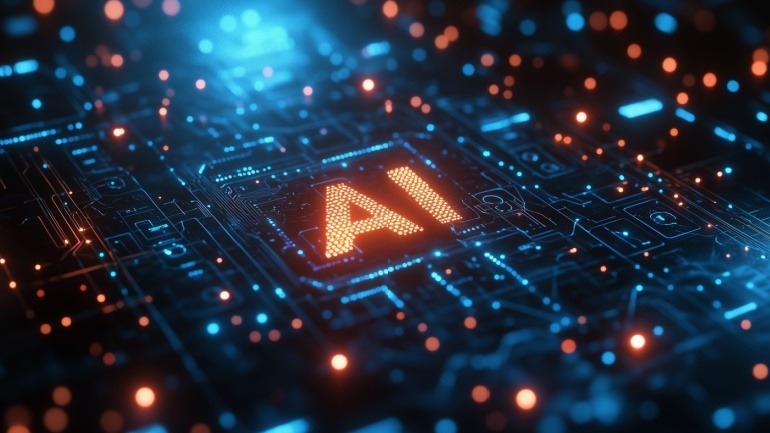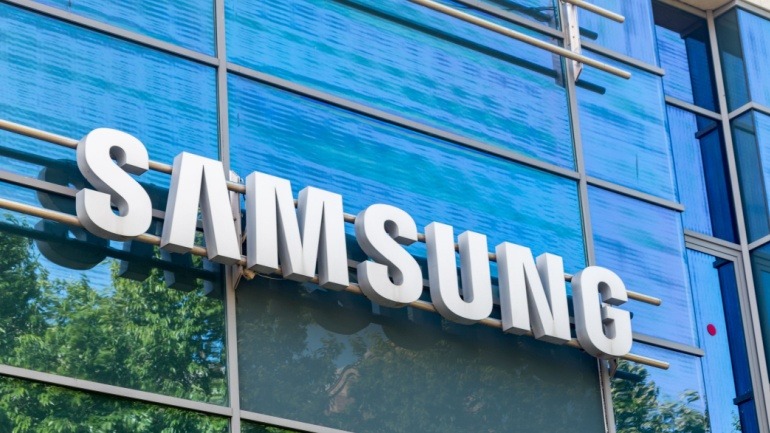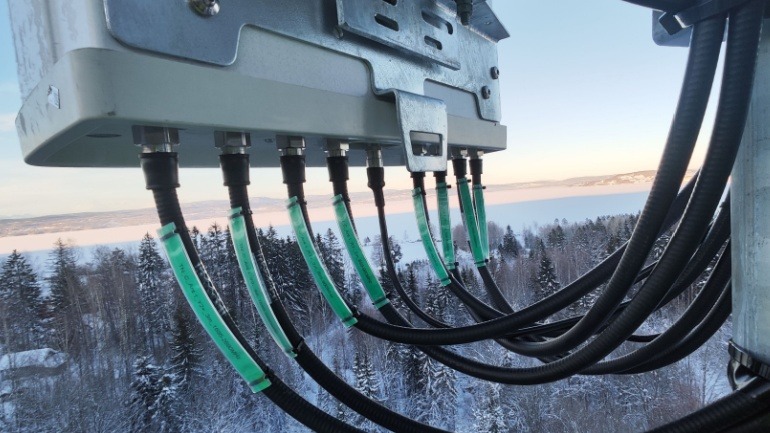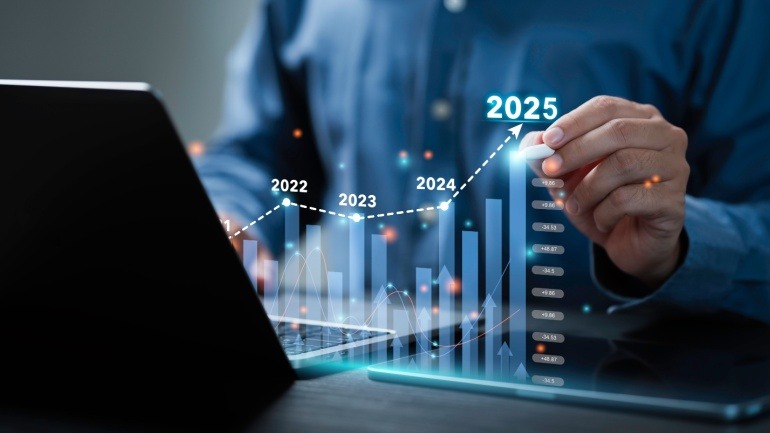Tesla has entered a significant $16.5 billion agreement with Samsung Electronics. This collaboration focuses on the custom AI chip production at Samsung’s new semiconductor plant in Taylor, Texas. Spanning until December 31, 2033, this agreement centers on Tesla’s AI6 chip, a pivotal component in their autonomous vehicle and robotics initiatives. Recently confirmed by Elon Musk and revealed post a regulatory filing from Samsung, this deal is expected to bolster both Tesla’s tech arsenal and Samsung’s semiconductor business.
For Tesla, leveraging Samsung’s expertise in chip manufacturing offers several advantages. Musk displayed enthusiasm, calling out that Samsung’s plant is conveniently located near his residence, hinting at close collaboration. The chips will play a critical role in Tesla’s shift towards more advanced autonomous capabilities. As Tesla pivots to custom silicon solutions, it deepens its dependence on Samsung, who already produces their current AI4 chip. Future AI5 chip production by TSMC, likely to take place in Arizona, will complement these efforts.
On Samsung’s part, the deal marks a revival for its struggling foundry business. Samsung’s semiconductor division witnessed significant challenges, competing intensely with sector leaders and experiencing substantial losses. Analysts noted a loss exceeding $3.6 billion in the initial half of 2025. Tesla’s procurement has significantly impacted Samsung’s market position, with shares experiencing a notable surge. This partnership brings the Taylor facility, which lacked prominent clients previously, into prominence.
This announcement aligns with the ongoing US efforts to achieve semiconductor self-sufficiency. Encouraged by the CHIPS and Science Act, enacted by President Biden in 2022, $52.7 billion was directed towards American semiconductor initiatives. Out of this, $39 billion supports manufacturing, while $13.2 billion is earmarked for innovation. A pivotal 25% tax incentive encourages capital input into domestic semiconductor equipment and infrastructure.
The partnership between Tesla and Samsung supports both nations, strengthening the US-Korea industrial alliance. It also promotes American semiconductor production at a time when the US seeks alternatives to Taiwan and China-based manufacturing. At the 7th Samsung Foundry Forum, their commitment to advancing semiconductor manufacturing was clear. Aiming to cater to AI-driven needs, the Tesla AI6 chip contract validates this plan, positioning Samsung as a competitive player against global giants like TSMC.







